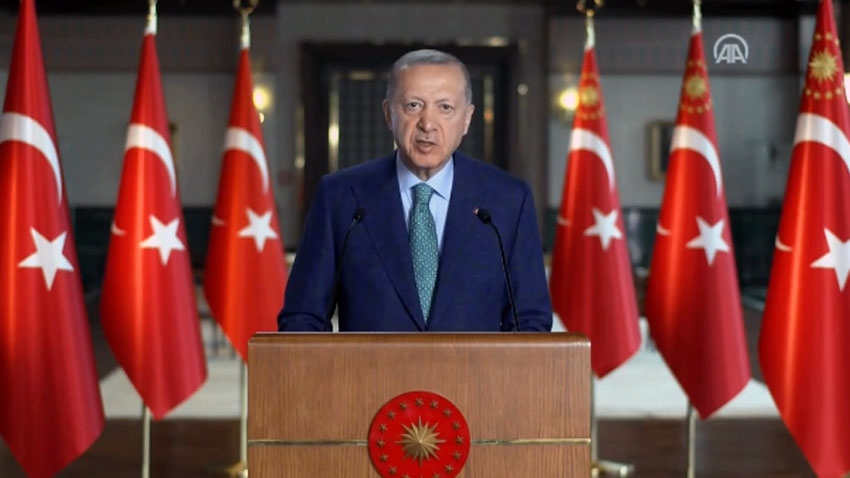
Turkey’s high-stakes presidential election is headed for a run-off vote, Turkey’s electoral chief Ahmet Yener, has said, citing official results from the country’s Supreme Election Council.
President Recep Tayyip Erdogan took 49.5 percent of Sunday’s vote, with his main challenger, Kemal Kilicdaroglu, getting 44.89 percent, the Council said.
As neither secured more than 50 percent of the vote, they will face off in a second round on May 28, taking Turkey into uncharted territory.
This is only the third time that Turks directly voted for a president, with Erdogan winning both previous elections outright in the first round.
Sinan Ogan from the ATA Alliance, the third candidate, received 5.17 percent, while Muharrem Ince of the Homeland Party – who withdrew from the race just three days before the elections but remained on the ballot – got 0.44 percent.
In particular, the vote for Ogan, kingmaker or spoiler, pushed the race into a run-off.
Two weeks is a long time in an election cycle, and whoever eventually wins the presidency will be determined also by whose alliance will control parliament.
The Turkish news agency published preliminary results that showed AK Party won 266 seats, while the main opposition leader Kemal Kilicdaroglu’s Republican People’s Party (CHP) won 166 seats in the 600-seat parliament.
The polls were held against a background of a cost-of-living crisis that saw inflation peak at 85 percent in October and earthquakes in February that killed more than 50,000 in the country. These factors buoyed opposition hopes of unseating a leader known as reis, or “chief”, by supporters of the governing Justice and Development Party (AK Party).
The 2023 elections also took on extra significance merely due to the date – the year marks the centenary of the Republic of Turkey. The country’s founder Mustafa Kemal Ataturk also established the Republican People’s Party (CHP), which governed under a largely one-party system for 27 years.

























































